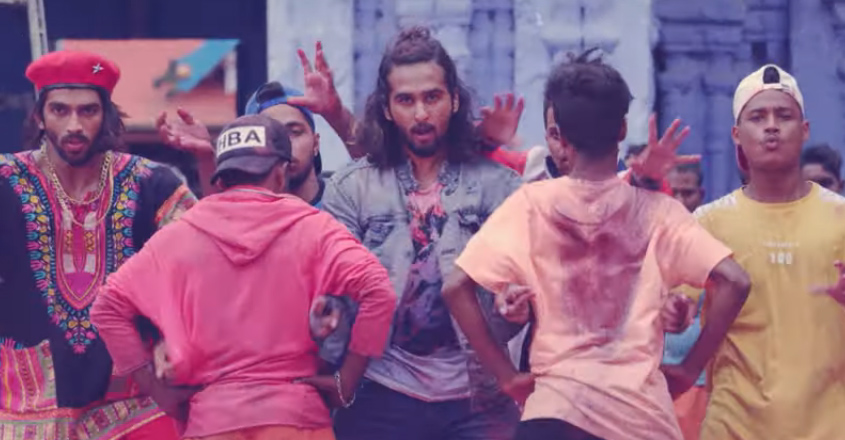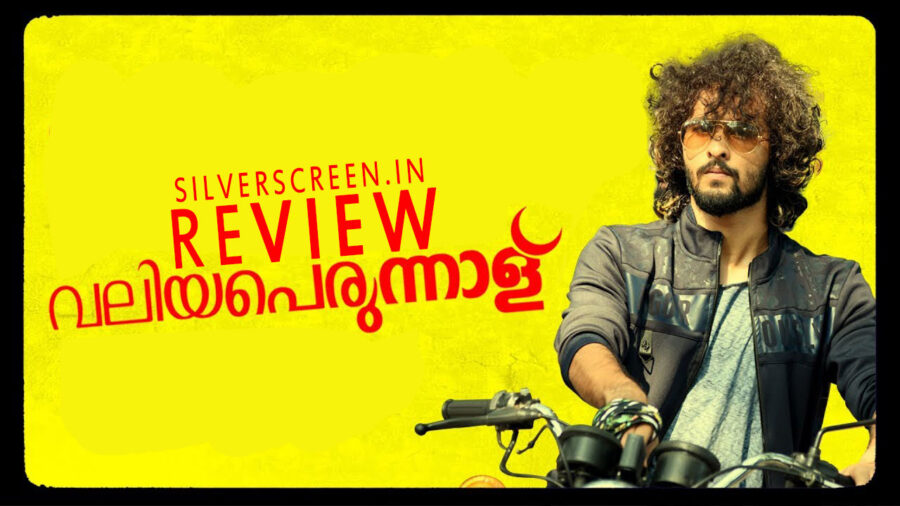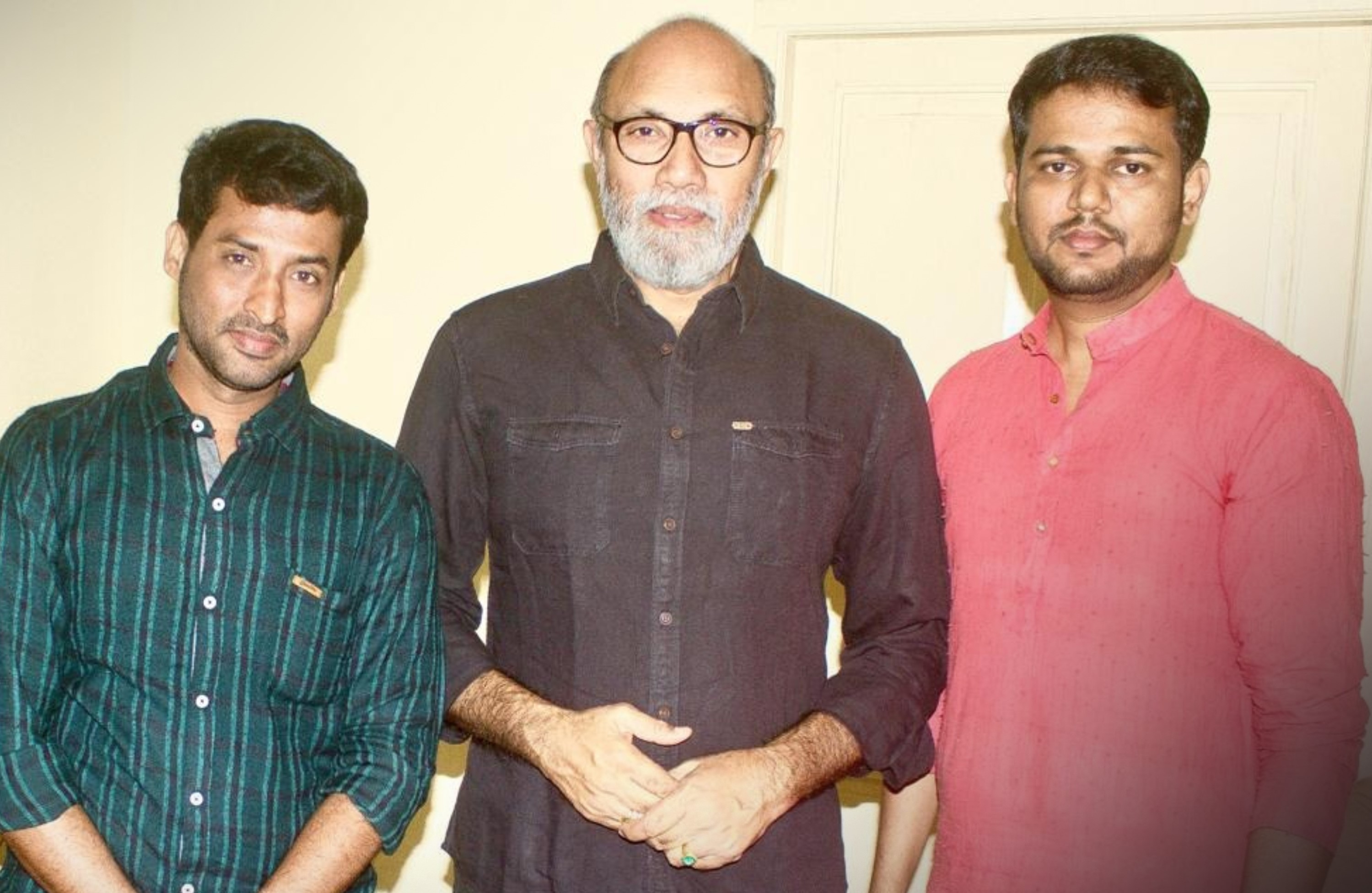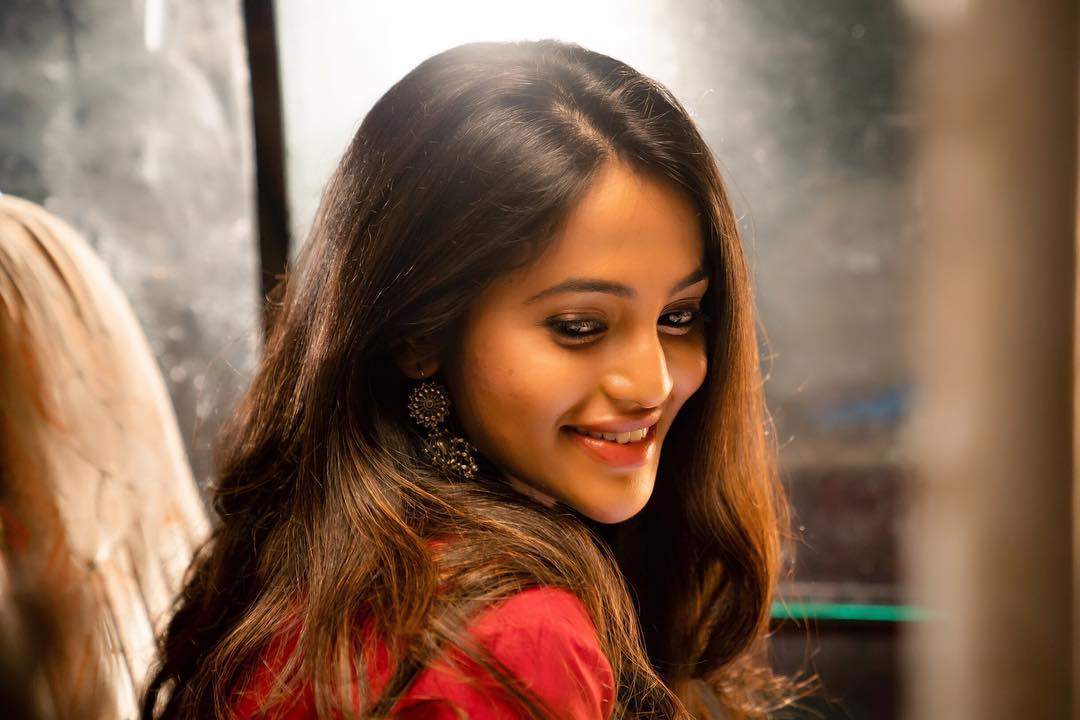Director: Dimal Dennis
Cast: Shane Nigam, Joju George
At some point in its production process, Valiyaperunnal must have been a movie with a vision.
The quirkiness in its initial parts is a proof. A set of white tourists are on a ‘deprivation tour’ in Mattancherry. The tour guide talks about the stark economic disparity, poverty, class conflict and other dark aspects of the region in a sympathetic tone, as the camera moves through the rickety old slum structures. But at once, these tourists are at the centre of the giant problem that looms over the impoverished locals. A real estate mafia is preparing to throw many hundreds of lower-class locals out of their homes and make space for a high-end tourist resort.
Every instance of violence and chaos in the film is firmly connected to the dire state of deprivation the characters live in. The protagonist, Akkar (Shane Nigam), a long-haired dancer who comes from one of the slum homes, does an impromptu hip-hop performance in front of a Hindu temple; there must have been two reasons – to assert his identity, and to provoke the hostile relatives of the girl he loves. When a lawyer asks a bunch of young slum-dwellers who are on trial for a robbery case what prompted them to do the crime, one of them starts to talk about the dream home he wants to build, which doesn’t leak on a rainy night, where he and his parents can dine, talk and sleep in peace.
In spite of this sociological grasp and the upbeat observational account of old Kochi that it offers, the film, directed by debutante Dimal Dennis, turns out to be a feeble and exhausting watch. To begin with, it is 180 minutes, too long. Its choice of aesthetics – the fast non-linear cuts in particular, which worked well in films such as Parava – doesn’t help the viewing experience. And most of all, the narrative structure is messy, packed with numerous forgettable characters, moments and set-pieces that smother the main plot track and the protagonists.
The movie begins with Shivakumar (Joju George), a taxi driver, being threatened by two loan sharks over a humongous sum of money he owes them. The scene is well-written. The dialogues imply that the men must have shared a warm relationship in the past. His wife brings them tea, addresses them as brothers, and quietly weeps in the kitchen overhearing the bitter conversation between them. Shiva, who looks visibly distressed, gets involved in a violent car robbery in the following sequence. A gang of masked robbers attack his car, stab one of the passengers and get away with a bag of jewellery that he had been carrying. From this point, the film shifts base to Mattancherry, and it would be long before the audience would learn of Shiva again.
While the Mattancherry scenes in the beginning are well-staged and shot, throbbing with a sense of life, it starts to resemble a perpetual (and boring) carnival as the film proceeds. The instances of happy gatherings and chaos start to go in circles. The elders in the neighbourhood, such as Akkar’s father, appear and disappear, sometimes offering some words of wit and advice to the youngsters. They are dressed to look like icons, but the screenplay doesn’t care to flesh them out as memorable characters.
The writing fails Akkar too. Had he not been portrayed by Shane Nigam, who brings aboard a wild energy that few of his contemporaries can muster, Akkar would have been a thoroughly insignificant man in the scheme of things. He is a dancer, a part-time criminal and a rebel, much like many youngsters in his locality. The film is unable to create an arc for him in which he will have to rise to the occasion, act smart and be a hero. The mass hero moments in the second half of the film are overtly dependent on slow-motion shots and a chest-thumping background score (composers Neha Nair and Yakzan Pereira) but without the good foundation of a context. Before the audience can develop an emotional connect with Akkar and his girlfriend, a romantic duet arrives. And worse, the song visuals are too cliched and clinical – lovers on a bike, lovers watching the sunset and picturesque waterfalls, lovers dancing together and hanging out in Fort Kochi.

valiyaperunnal-trailer
Pooja (Himika Bose) is a fantastic partner to Akkar on and off the dance floor. She has sworn to stand by him forever, irrespective of what he becomes in life. But she is little more than a lifeless property in the film. Her existence is entirely tied to Akkar. The lack of good writing that renders her bland also turns the romantic track cold and forgettable. The hip-hop sequences are lacklustre, shot without a design. At the same time, the film pays an unreasonable amount of attention to some of its sub-characters such as Chekku, a Bombay-returnee who likes to pretend that he is a RGV movie hero.
Valiyaperunnal could have been a relevant film for this dark age. It makes an effort, though inadequate, to side with the downtrodden. It contrasts state-sponsored violence against the inescapable whirlpool of violence people like Akkar are caught in. In the first half, it uses the elements of an ethnographic documentary to make an interesting commercial drama. But without an unambiguous language and a directorial sense to separate wheat from chaff, none of this really matters.
The Valiyaperunnal review is a Silverscreen original article. It was not paid for or commissioned by anyone associated with the film. Silverscreen.in and its writers do not have any commercial relationship with movies that are reviewed on the site.



